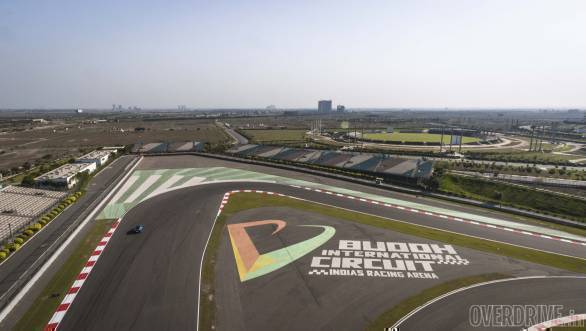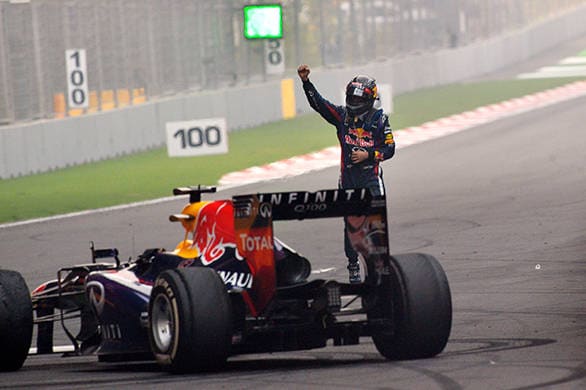India's F1 hopes dashed after Supreme Court rules that Formula 1 is liable to pay taxes in India
To say that Formula 1's relationship with India has been strained, would be an understatement. To begin with, it took a decade's worth of talks between officials from within the Indian motorsport fraternity and Formula One management, to convince the latter that it was worth having a race in India. But after Jaypee Sports International built the Buddh International Circuit, at their own cost with no support from the government, things didn't get easier. Despite the fact that JPSI had signed a contract with Formula 1 to run the Indian Grand Prix for five years, after three editions of the event, F1 decided not to return. Constantly having to deal with red tape and bureaucracy put Formula One off India. The latest ruling by the Supreme Court could well be the final nail in the coffin.

The Supreme Court ruled, on Monday, that the Buddh International Circuit is a "permanent establishment" of the Formula One World Championship (FOWC) in India. Which means that a portion of the income earned by Formula 1 for the three editions of the Indian Grand Prix, that were held between 2011 and 2013, is taxable in India. An assessing authority will now ascertain what portion of the income is taxable, and what amount of tax is payable.
Jaypee and FOWC signed an agreement that stated that JPSI could host, stage and promote the Formula 1 Grand Prix in India, for a fee of USD 40 million. This Race Promotion Contract was examined by the Authority for Advance Ruling (AAR) in an attempt to clarify a few matters. This included the matter of whether or not FOWC had a permanent establishment in India. While it was decided that Formula 1 did not have a permanent establishment in India, the High Court reversed this ruling.

When the matter was brought before the Supreme Court, a detailed ruling was made. This included the Supreme Court's decision that since the race was held in India, and since no race can be held without the physical infrastructure of a paddock and racing circuit, the income was generated entirely in India. Which meant that though the commercial rights rested with the FOWC, a portion of the income was, and is, taxable.
The court also declared the fact that the Formula 1 logo was "omnipresent" during the running of the event, on all commercial hoardings and banners, meant that the FOWC was indeed conducting business in India, and thus income generated from the conduct of this business was taxable. The court also ruled that it was immaterial that the race, or the commercial activity, was held for a fixed number of days.
Given that the Jaypee Group received no help from the government in terms of running the race, and in terms of paying the licensing fee (something that the governments of most countries do), and had to also make generous contributions to the National Sports Development Fund annually, in order to receive permission from the Ministry of Youth Affairs and Sports to run the race, this could well mean that Formula 1 will never return to India.